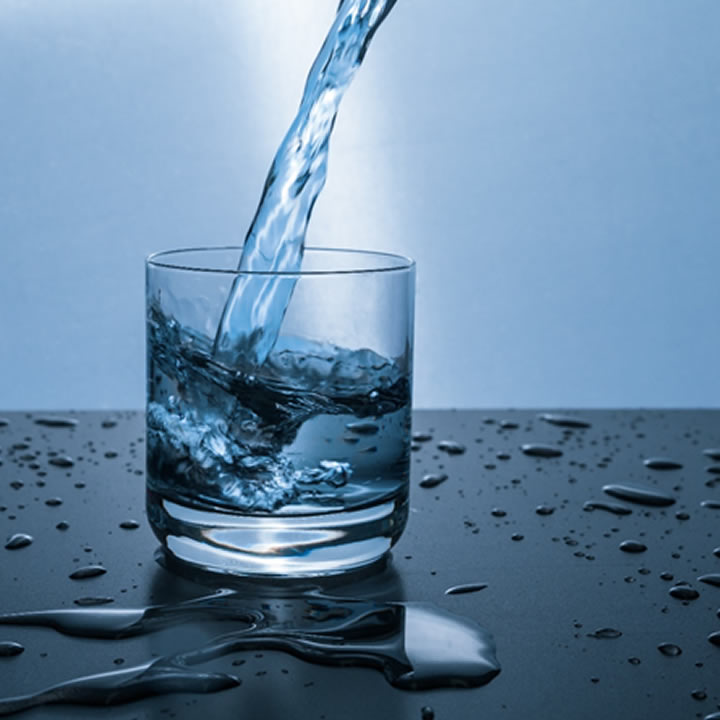Hydration has many health benefits. Daily consumption of water enhances cardiovascular health, promotes skin elasticity, regulates your body temperature, and eliminates waste in your body. Hence, having decontaminated water right from the kitchen tap ensures you access safe drinking water. Also, it makes it easier for your body to meet its hydration needs.
A countertop water filter system is an appliance that is placed adjacent to the sink to remove contaminants such as bacteria, parasites, and chemicals from tap water. They are lightweight, easy to install, and require less space. Additionally, they reduce plastic waste.
If you’re looking for a water filter, you are probably looking for a filter that fits your unique needs. The article will help you find the best countertop water filter for your home.
Types of Countertop Water Filters
There are two types of countertop water filters which are water filter pitchers and faucet filters. It’s essential to understand the different characteristics of each filter according to storage, filtration volume, and water decontamination. Understanding the features will help you compare the pros and cons of the water filter system. Here is a breakdown of each filter system.
Water Filter Pitcher: It helps make water filtration affordable and accessible. The system does not require connection to the faucet and can be stored anywhere on the counter. They work well in a dorm room or office setting. The only disadvantage is that they require frequent refilling, depending on your household consumption.
It’s recommended that you should replace the filter monthly. Some pitchers have the ability to display filter life, letting you know if they are near the end of their life cycle. Maintaining your pitcher is easy. You need to wash the components by hand every week.
Faucet Filters: The water filter system attaches directly to the faucet, typically the faucet’s aerator. It is also called the point of use water filtration system. They are designed to occupy less space while delivering filtered drinking water. The system use filtration materials such as activated carbon to eliminate contaminants. Also, they are easy to install. At the same time, the faucet filters require some periodic maintenance along with filter replacement.
What you need to consider before buying a Countertop Water Filter
Before determining the best countertop for your home, you need to understand the potential contaminants in your water supply and how to possibly eliminate them. Many companies offer their clients free water analysis, which pinpoint the specific particles in your water. Also, you should consider the following characteristics to keep your family safe and hydrated.
Size: The size of the water filter system is proportional to the filtration capacity. You are required to know the number of people who will be drinking the water and the countertop space available. The information will help you decide on the size that works for your home. Remember that the water filter should be placed next to the sink.
Filtration capacity: It refers to the number of gallons of water the filter can process and the time the filter will last. You should know that not all filters can clean the same contaminants and some models may remove beneficial minerals too. Some of the common pollutants removed include chlorine, fluoride, and volatile organic compounds (VOCs). You have the water tested to find out the contaminants present in your household’s water and which are the most important to eliminate.
Filter Maintenance Requirements: You will need to change the filter on every water filtration system. The filter’s lifespan correlates to the model you are using since the filter capabilities are different. Before buying the countertop water filter, you should consider the cost and frequency of replacing the filter. You can determine the cost of keeping an effective and functioning water filter.
Ease of Use: Countertop water filters are easy to operate. Once you install the faucet, using the filter is as easy as turning on the water and filling up your glass with water. The filtration process occurs as the water passes through since the system operates at the source. Water filters are more convenient than filter pitchers since there is no need to refill a container or wait for filtration.
Water Taste: The taste of water often changes subtly since unchlorinated water tastes different from water directly from the tap. Also, some filters remove beneficial minerals, which alters the water’s taste and how it feels. It’s essential to find a system that maintains or replaces magnesium and potassium, which are essential minerals.
Certifications: Some filter manufacturers have their filtration systems certified by National Sanitation Foundation International (NSF International) or the American National Standards Institute (ANSI). Certification verifies the contaminants a filter can remove from water. There are two standards that are awarded to filtration systems, namely Standard 42 for Aesthetic Effects and Standard 53 for Health Effects. The standards are reported along with a classification that defines the percentage or range of each contaminant it can remove.
Conclusion
It’s essential to educate yourself about the components of your water and then take the relevant measures to make your next drink healthier for you and your family. Hence, following the guidelines will ensure you keep you and your family safe and more nutritional.

